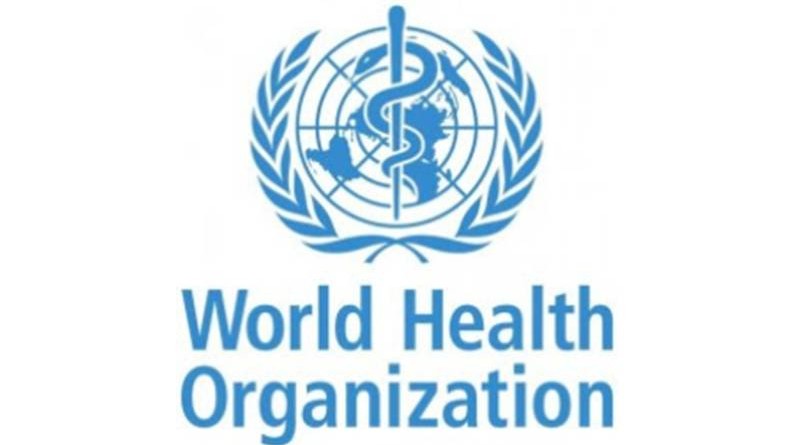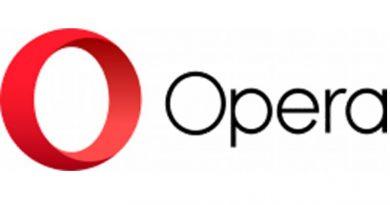WHO Director-General’s opening remarks at the media briefing on COVID-19 – 14 Sept. 2021
WHO’s global targets are to support every country to vaccinate at least 40% of its population by the end of this year, and 70% of the world’s population by the middle of next year. So far, just two countries in Africa have reached the 40% target, the lowest of any region. More than 5.7 billion doses have been administered globally, but only 2% of those have been administered in Africa.
The longer vaccine inequity persists, the more the virus will keep circulating and changing, the longer the social and economic disruption will continue, and the higher the chances that more variants will emerge that render vaccines less effective.
So far, COVAX has shipped more than 260 million doses to 141 countries. But as you know, COVAX has also faced several challenges, with manufacturers prioritizing bilateral deals and many high-income countries tying up the global supply of vaccines.
Last year, the African Union established the African COVID-19 Vaccine Acquisition Task Team, or AVAT, as a compliment to COVAX to purchase vaccines for AU Member States. Yesterday and today, we had a very constructive meeting between partners from COVAX and AVAT to agree on a way forward. Vaccine inequity is a solvable problem.
This Friday is World Patient Safety Day. Our theme this year is safe maternal and newborn care. Every day, nearly 5,400 babies are stillborn, and more than 800 women and 6,700 newborns die mainly around the time of childbirth. We call on all countries, health workers, communities and partners to act now for safe and respectful childbirth.
Good morning, good afternoon and good evening.
As you know, WHO’s global targets are to support every country to vaccinate at least 40% of its population by the end of this year, and 70% of the world’s population by the middle of next year.
So far, just two countries in Africa have reached the 40% target, the lowest of any region.
As I said last week, that’s not because African countries don’t have the capacity or experience to roll out vaccines. It’s because they have been left behind by the rest of the world.
More than 5.7 billion doses have been administered globally, but only 2% of those have been administered in Africa.
This leaves people at high risk of disease and death exposed to a deadly virus against which many other people around the world enjoy protection.
This doesn’t only hurt the people of Africa, it hurts all of us. The longer vaccine inequity persists, the more the virus will keep circulating and changing, the longer the social and economic disruption will continue, and the higher the chances that more variants will emerge that render vaccines less effective.
It was to avoid this situation that WHO, Gavi, CEPI and UNICEF established COVAX last year, to accelerate the development and equitable distribution of vaccines.
So far, COVAX has shipped more than 260 million doses to 141 countries.
But as you know, COVAX has also faced several challenges, with manufacturers prioritizing bilateral deals and many high-income countries tying up the global supply of vaccines.
Last year, the African Union established the African COVID-19 Vaccine Acquisition Task Team, or AVAT, as a compliment to COVAX to purchase vaccines for AU Member States.
I would like to thank my friends and colleagues here today – Strive, John, Vera and Benedict – for their leadership of AVAT, and acknowledge the role of President Cyril Ramaphosa in initiating AVAT as Chair of the African Union.
Yesterday and today, we had a very constructive meeting between partners from COVAX and AVAT to agree on a way forward.
Vaccine inequity is a solvable problem.
We call on manufacturers to prioritize COVAX and AVAT;
We call on countries that have already achieved high coverage levels to swap their near-term vaccine deliveries with COVAX and AVAT;
To fulfil their dose-sharing pledges immediately;
And to facilitate the sharing of technology, know-how and intellectual property to support regional vaccine manufacturing.
We call on all countries and manufacturers to share information on bilateral deals with COVAX and AVAT so we understand where vaccines are needed most;
And to share information on supply and delivery projections so countries can be ready to immediately roll out vaccines when they land;
And we call on all countries to recognize all vaccines with WHO Emergency Use Listing.
I may sound like a broken record – I don’t care. I will continue to call for vaccine equity until we get it.
But you don’t just have to hear it from me. Today I’m honoured to be joined by several leading voices to talk about how COVAX and AVAT are working together to achieve our shared vaccination targets in Africa.
First, I’m very pleased to welcome Mr Strive Masiyiwa, the African Union’s Special Envoy for COVID-19. Strive, thank you for joining us, and for everything you’re doing with AVAT to deliver vaccines to Africa’s people as soon as possible. Thank you for your leadership. You have the floor.
[MR MASIYIWA ADDRESSES THE MEDIA]
Thank you Strive, and thank you once again for your leadership.
It’s now my great pleasure to welcome Dr John Nkengasong, the Director of the Africa Centres for Disease Control and Prevention. John, thank you for your leadership in fighting the COVID-19 pandemic in Africa, without the tools that so many other countries have access to. You have the floor.
[DR NKENGASONG ADDRESSES THE MEDIA]
Thank you, John, and thank you for your continued partnership, including through the mRNA technology transfer hub that we have established together in South Africa.
Next, it’s my pleasure to welcome Dr Vera Songwe, the United Nations Under-Secretary-General and Executive Secretary of the Economic Commission for Africa.
Vera, thank you so much for your leadership and thank you so much for joining us today. You have the floor.
[DR SONGWE ADDRESSES THE MEDIA]
Thank you, Vera. And thank you once again for your leadership.
I’m now pleased to introduce Professor Benedict Oramah, the President and Chairman of the Board of Directors of Afreximbank.
Benedict, thank you for joining us, and thank you for your support for expanding access to vaccines in Africa, and thank you for your leadership. You have the floor.
[PROF ORAMAH ADDRESSES THE MEDIA]
That’s excellent. I think I can see the division of labor. All that you have said is complementary to each other and also your own areas of contribution. So, very proud.
Thank you so much, Benedict.
Next, I’m pleased to welcome my friend Dr Seth Berkley, the CEO of Gavi. Seth, thank you for your leadership and partnership. You have the floor.
[DR BERKLEY ADDRESSES THE MEDIA]
Thank you so much Seth, and thanks again for everything you and your colleagues have done and continue to do to make sure everyone benefits from the power of vaccines.
Last but not least, I’m delighted to welcome my colleague Dr Tshidi Moeti, WHO’s Regional Director for Africa. Tshidi, you have the floor.
[DR MOETI ADDRESSES THE MEDIA]
Thank you, Tshidi.
Before we take questions, this Friday is World Patient Safety Day.
Our theme this year is safe maternal and newborn care.
Childbirth should be a time of celebration for families and communities. But for too many, it’s a time of sorrow and grief.
Every day, nearly 5,400 babies are stillborn, and more than 800 women and 6,700 newborns die mainly around the time of childbirth.
These deaths are mostly avoidable with safe and quality care, delivered by skilled health professionals, supported by a strong health system.
We call on all countries, health workers, communities and partners to act now for safe and respectful childbirth.
Margaret, back to you.
SOURCE World Health Organization (WHO)




